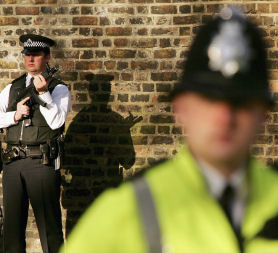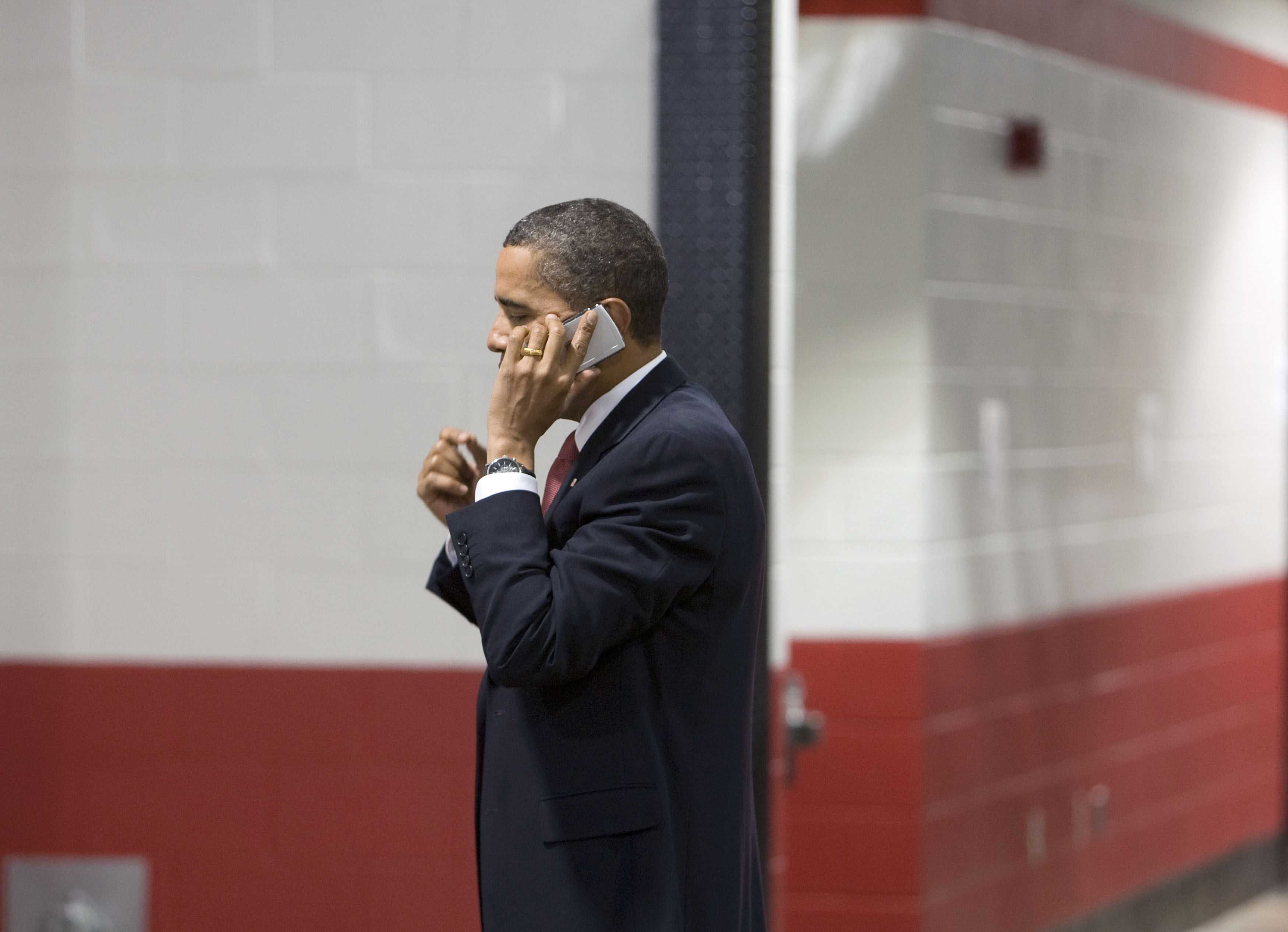UK threat rise: 'war on terrorism has many fronts'
Updated on 23 January 2010
The "severe" threat level will remain as al-Qaida continues to work globally to achieve mass killings, writes Colonel Richard Kemp, former head of COBRA and the intelligence committee.

Colonel Richard Kemp is former chairman of the COBRA Intelligence Group and Head of International Terrorism for the Joint Intelligence Committee. He is also the former commander of British troops in Afghanistan.
"Severe" means that a terrorist attack in the United Kingdom is "highly likely".This has been pretty much the constant level of threat since 9/11, with occasional fluctuations up and down.
For example last summer the government assessed that our grip on terrorist cells and individuals in the UK was sufficient to reduce the level down to "substantial". And in 2007, at the time of the attacks in London’s Haymarket and against Glasgow international airport, the threat went up "critical" - meaning "an attack is expected imminently".
The latest rise in threat level is likely to be the result of new intelligence suggesting a terror group somewhere is planning an attack against us.
Our intelligence services and police receive a constant flow of such intelligence. Every piece is evaluated for its accuracy and much is discarded as unreliable, incorrect or sometimes a deliberate hoax.
But the most recent intelligence would have been assessed by the Joint Terrorism Analysis Centre (JTAC) as credible.
JTAC, formed in the aftermath of 9/11, is based at MI5’s London headquarters and made up of a high powered staff of intelligence and security experts from our national intelligence agencies - MI5, MI6 and GCHQ, the police, the military, Foreign and Home Offices and other government departments.
JTAC’s decision to go to "severe" will have been taken against the background of a steep rise in al-Qaida activity.
In recent months we have seen the shootings at Fort Hood in the US, plans to attack the New York subway system, a suicide strike against the Saudi interior minister, the Christmas plot to blow up an airliner bound for Detroit, and the devastating attack that killed eight in a CIA base in Afghanistan.
Once JTAC made their decision, the UK’s national crisis management committee, COBRA, was convened in Whitehall.
Around the table, ministers, top civil servants, senior police officers and intelligence experts discussed the increase and our national response. This included how the police would work to protect us against this new threat.
Terrorists planning an attack might already be here in the UK, or overseas completing their preparations.
COBRA considered the tasks and priorities for our agencies in their work to develop intelligence on these terrorists - including tasking of agents and stepping up liaison with intelligence allies.
COBRA discussions also included the critical issue of media presentation - to ensure public vigilance is increased but without causing unnecessary panic. Limited information can be given, because intelligence is often provided by exposed sources living in great danger - perhaps at the heart or on the periphery of a terrorist group.
Revealing too much could risk their lives, potentially removing a valuable source of information. It is also vital that we do not give away too much about what we do and do not know; details that could be exploited by the terrorists themselves.
We are fighting a global war on terrorism, with many fronts.
Our military efforts in Afghanistan continue to deny al-Qaida a safe haven there. The Pakistani government’s efforts, with vital support from the US, have put the al-Qaida leadership there on the run - at least for the time being.
Al-Qaida in Iraq and Saudi Arabia has been substantially neutralised. But Yemen-based al-Qaida in the Arabian Peninsula, despite a series of strikes against it, continue to demonstrate their effectiveness.
We have increasing concerns about the growing threat from Somalia - another hotbed of extremism.
And al-Qaida franchises around the globe - including here in the UK - remain intent on attacking Western targets, determined to achieve mass killings.
We have to continue to fight this war vigorously, with military, police, intelligence, political and diplomatic resources.
We must work to increase the effectiveness of cooperation with our allies around the world, recognising that al-Qaida and its affiliates work globally and without regard for borders. They are increasingly adept at exploiting global communications, both real and virtual.
Al-Qaida and its violent anti-Western agenda has established deep and spreading roots.
Despite many significant successes against them, “severe" will remain the prevalent threat level for many years.


